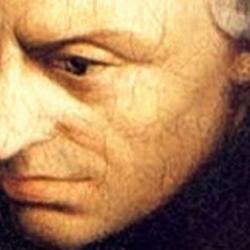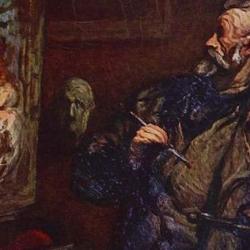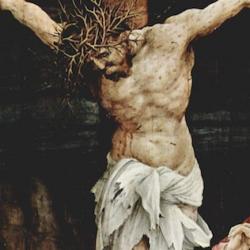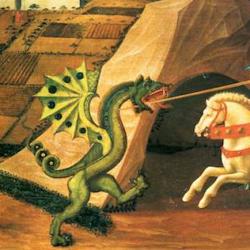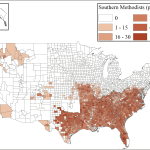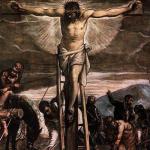Christian Wiman (My Bright Abyss, 41) quotes a poem, “These Poems, She Said” by Robert Bringhurst, which Wiman says he “carried . . . in my mind like a totem.” It begins:
These poems, these poems,
these poems, she said, are poems
with no love in them. These are the poems of a man
who would leave his wife and child because
they made noise in his study. These are the poems
of a man who would murder his mother to claim
the inheritance.
And continues:
These
poems are as heartless as birdsong, as unmeant
as elm leaves, which if they love love only
the wide blue sky and the air and the idea
of elm leaves.
The poem, Wiman says, captures “tensions I felt in my life every day: between art and the people I loved, between art and my responsibilities in the world and to other people, between art and my hunger for an experience of life that was immediate, unmediated, mine.” He quotes Yeats: “I might have thrown poor words away / and been content to live.”
Wiman knows this sounds strange to a non-artist: “If you’ve never been consumed by an art, it might seem strange to think of it in these terms – as an antithesis to life, almost, or at least as a kind of parasite. But the fact is, art can compromise, even in some way neutralize, the very experience on which it depends. If to be an artist is to be someone upon whom nothing is lost, as Henry James said, then it follows that to be an artist is to be in some permanent sense professionally detached. An artist is conscious of always standing apart from life, and one of the results of this can be that you begin to feel most intensely what you have failed to feel: a certain emotional reserve in one’s life becomes a source of great power in one’s work.”
Bringhurst’s poem reprimands the emotional distance that is necessary to the emotional church and labels “all that supposed artistic discipline, all that self-exonerating crap about being ‘a person upon whom nothing is lost,’ as merely a species of self-love.”






